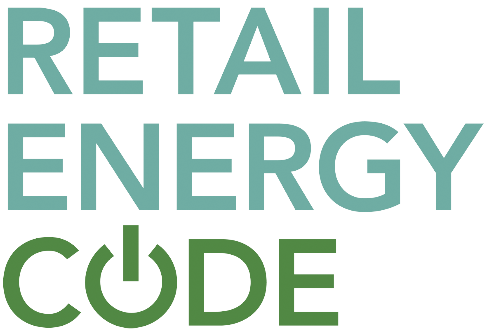REC Portal - REC Services
REC Portal
The REC Portal is the online platform which acts as a repository to all information relevant to the Retail Energy Code. Launched on 01 September 2021, it is designed to facilitate the dissemination of code information, and promote effective two-way communication between the Code Manager and code users.
| Contents |
Background and Requirements
The Code Manager is required to design, build and maintain a digital REC Portal, which acts as the website for the code and facilitates the digital exchange of relevant information between stakeholders. The initial solution requirements were agreed by the Retail Energy Code Company during code mobilisation, and the first build of the REC Portal was deployed on 01 September 2021, in parallel with the establishment of the full Code Manager service.
Various clauses of the Retail Energy Code and its associated products set out requirements for information to be hosted on the REC Portal.
Following the initial release, subsequent iterations have been deployed in tranches, agreed in conjunction between the Code Manager and RECCo. In February 2022, the REC Portal was deemed to have met the initial build requirements, and consequently, the enduring processes for innovation were put into place by the Code Manager.
Functions
The REC Portal is designed to be comprehensive digital information for all information relevant to the REC and REC Parties. Its functions include, but are not limited to:
- Access to code documentation in both traditional (PDF) formats and digital formats (via the Energy Market Architecture Repository).
- Provision of a register of REC Parties and REC Service details, and contact details
- Digital workflows facilitating code processes including Accession, Withdrawal, Change Management, and Performance Assurance Reporting
- Hosting of information relevant to REC Committees, including meeting dates, agendas, minutes
- A home for knowledge, training, news and events pertinent to the REC
- Access to an online Service Desk allowing stakeholders to raise tickets with the Code Manager for resolution
User Accounts
Whilst the REC Portal is built with principles encouraging openness of information, it is sometimes necessary to restrict information to certain user types. Anyone can create a basic user account. An organisation's appointed Master Admin User is responsible for assigning additional permissions, for instance with respect to Contract Manager level status or Performance Assurance User roles.
Providing Feedback
The Code Manager is committed to providing continuous improvement through the REC Portal and encourages stakeholders to advise them when they have ideas about how the Portal service could be enhanced. A Continuous Service Improvement area provides a form for Portal users to leave feedback.
If you have come across an issue or defect that is preventing proper use of the Portal, you are strongly advised to contact the Service Desk to ensure that your issue can be dealt with in the most efficient way and in accordance with agreed service levels.
Release Process
Main article: REC Release Management
The Code Manager is embedding processes which will allow periodic enhancements to be deployed into the REC Portal through tranches. The Code Manager aims to deploy four major releases each year. The content of releases will be planned ahead of time and will be communicated to Portal users well in advance of deployment. Where downtime is required to deploy changes, the Code Manager will schedule this outside of normal working hours to minimise disruption.
Details of previous releases and planned future releases are held on the Continuous Service Improvement page.
User Guide
The Code Manager has published a REC Portal User Guide to support you in using the service. It includes information on setting up user accounts, the different user roles, profile and setting configuration, and minimum system/browser requirements.


